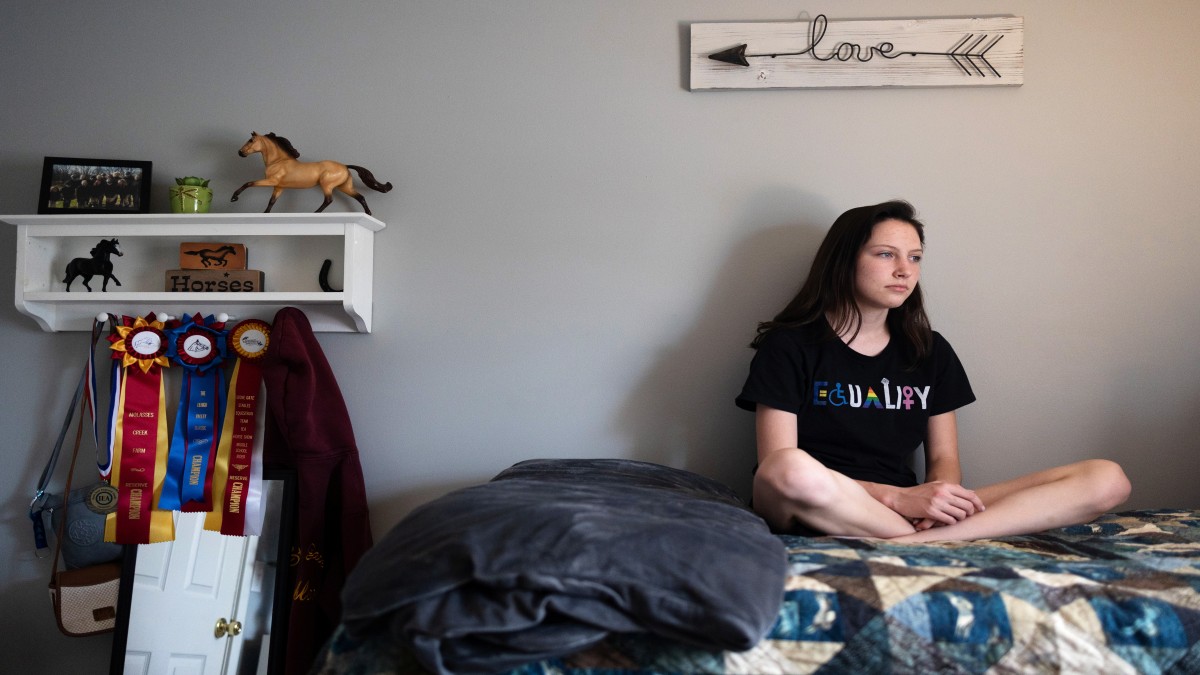The arts should not be treated as an economic “bloodsucker”, Timothy Spall has said, as he urged the next government to show appreciation for what the creative industries provide to society.
Speaking to the Guardian ahead of the 25th birthday of the Lowry theatre and gallery in Salford, of which he is a supporter, the Bafta-winning actor called on whoever won power on 4 July to get the message across that arts and culture belong to everyone.
“Whoever takes over, should work on – and it’s a tricky one – making people realise that it’s not elitist,” said Spall, who is from a working-class background. “The arts has this connotation of being you know, arty farty, for an exclusive audience, and it’s not. Even if you don’t want to make a living out of it, it opens your mind.
“It’s about sharing. It’s the opposite to elitism. It’s about saying, ‘Look, we’re all fucking humans and this is what we feel’, is it not?”
It was a shame that it had become harder for children from ordinary families to access the funding to take up opportunities, said the Harry Potter and Auf Wiedersehen Pet star, whose place at Rada was funded by the London council in 1976.
“That’s why I think the Lowry is such an amazing place. Where it is in Salford, it has this connection with the community, it’s an open gate,” he said. “There’s an opinion that art is exclusively funded by the government but it isn’t, it pays for itself. And it’s in the interest of people that don’t like it I suppose, to advertise it as if it’s some kind of bloodsucker, but it simply isn’t, is it?”
His comments come on the release of a report on Wednesday, which found the Lowry, a theatre and arts space built in what had been an economically deprived area, contributed £47.7m to the UK economy. It is unusual as an arts venue as it is almost entirely financially self-sustaining – only 6% of its income came from public sources in 2022-23. Other Arts Council England national portfolio organisations on average get nearly half of their funding from public sources.
Julia Fawcett, the chief executive of the Lowry, said the revitalisation of the area in the last 25 years around what began as an empty and derelict site was “a lesson in the economic power of arts and culture”.
National funding provided to millennium projects across the country sparked a major redevelopment in Salford that attracted the BBC, ITV and Salford University.
Fawcett said: “In Salford we bid for that millennium funding and the deal was it didn’t come with huge amounts of public revenue funding so, from the get-go, as an organisation we had to make sure we could pay our bills and support the activities that have gone on in our building.
“So for 25 years, we have operated on that level of subsidy. It’s bloody good value, both for the city but also for the government generally.”
The organisation’s impact report shows that in 2022-23, 22,000 people participated in Lowry programmes, including 15,000 young people and 3,000 people with special educational needs or disabilities.
Performers wished the institution a happy birthday, including the comedian Peter Kay, who said he had spent many happy hours at the “remarkable venue”, adding: “It remains close to my heart and more importantly close to my house.”
Spall became involved with the theatre after he visited before playing LS Lowry in the film Mrs Lowry & Son, which was released in 2019. He has since exhibited his own work at the gallery.
He likened the Lowry to the Turner Contemporary in Margate and the Guggenheim in Bilbao, which had been built in economically deprived areas to the bewilderment and ridicule of many people but later proved themselves to be lightning rods for redevelopment.





)

